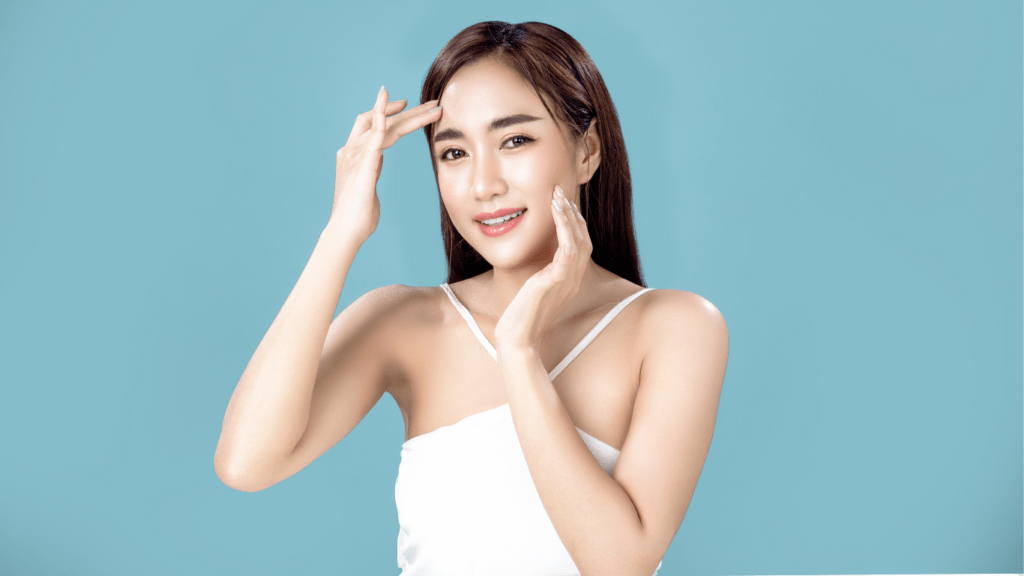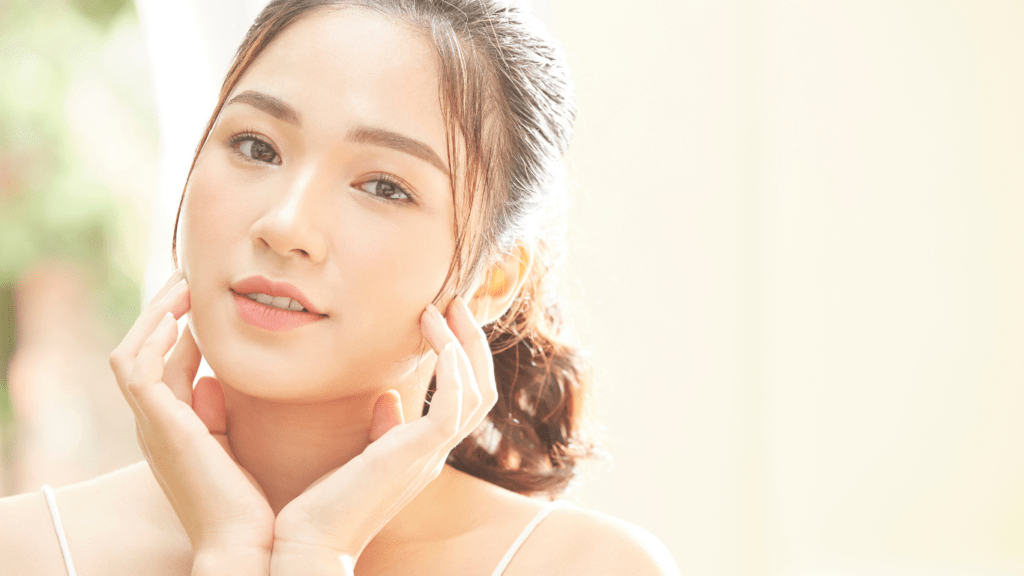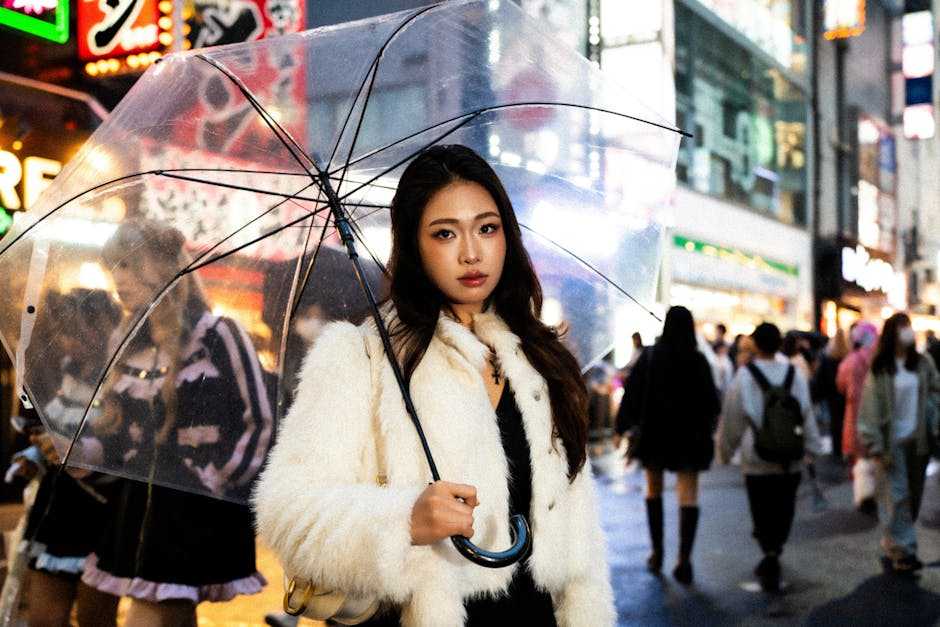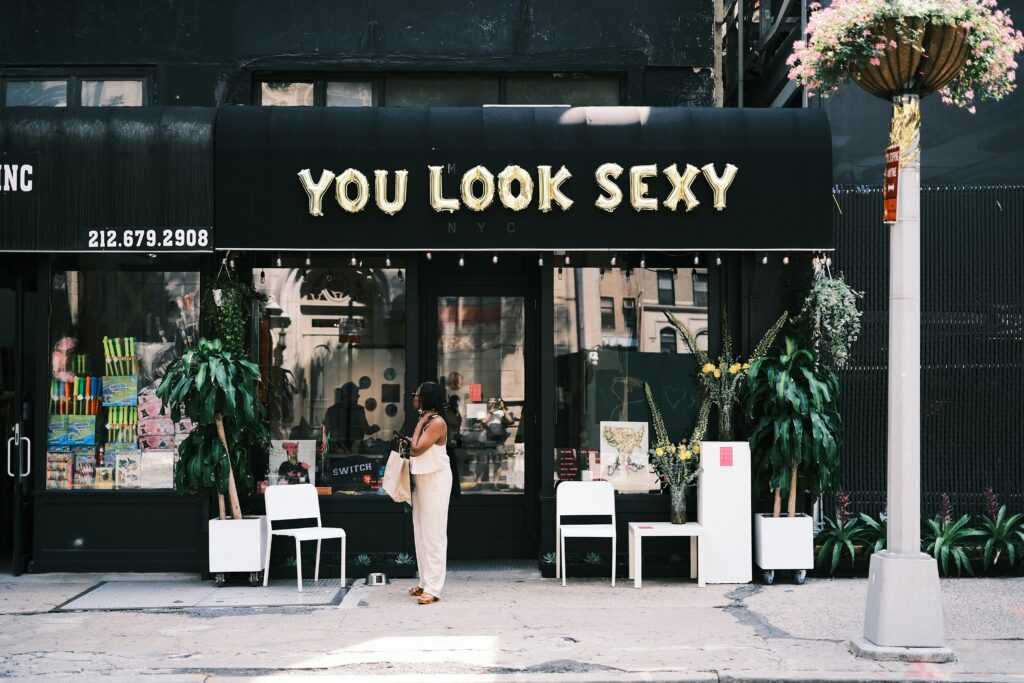The Rise of Gen Z in the Beauty Industry
Gen Z’s tech-savvy nature accelerates their influence in the beauty industry. Born between 1997 and 2012, this generation values authenticity and transparency. Unlike previous generations, Gen Z prefers brands that align with their values. They prioritize clean beauty, cruelty-free products, and eco-friendly packaging. For example, brands like Glossier and The Ordinary thrive by meeting these demands.
Gen Z uses social media platforms extensively, which changes how beauty trends emerge. TikTok and Instagram have become primary sources of beauty inspiration. Influencers and content creators play pivotal roles in shaping preferences. Skincare routines, makeup tutorials, and product reviews quickly gain traction, signaling to brands what to produce next.
Community engagement is crucial for Gen Z. They don’t just buy products; they seek connections. Brands that foster genuine interactions see higher loyalty. Collaborations, live-streaming events, and user-generated content foster a sense of belonging. For instance, Fenty Beauty’s inclusive marketing strategies resonated well, leading to a dedicated consumer base.
Market research shows Gen Z’s spending power is considerable. They influence an estimated $143 billion in direct spending. Brands must adapt by creating products that reflect diverse backgrounds and promote self-expression. Gender-neutral products, for example, cater to Gen Z’s preference for inclusivity.
In the fast-paced digital age, Gen Z’s expectations push brands to innovate. They demand instant access to information and real-time customer service. Chatbots, virtual try-ons, and personalized recommendations become industry standards. Beauty brands integrating advanced tech see increased engagement and sales.
Overall, Gen Z’s distinctive preferences and behaviors reshape the beauty industry. This generation’s demand for inclusivity, sustainability, and authenticity compels brands to evolve. Adapting to Gen Z’s influence ensures brands remain relevant and competitive in an ever-changing market.
Key Trends Influenced by Gen Z

Gen Z’s influence on the beauty industry manifests in several key trends. Their demand for authenticity and inclusivity, coupled with their digital-native status, sparks new shifts in the market.
Inclusivity and Diversity
Gen Z values representation in beauty products and marketing. Brands like Fenty Beauty set high standards by offering 50 shades of foundation, addressing a broad spectrum of skin tones. This generation expects advertising to reflect real, diverse individuals rather than unattainable ideals. Increased visibility of gender-neutral and BIPOC models in campaigns highlights a progressive shift toward genuine inclusion.
Sustainable and Ethical Beauty
Environmental consciousness drives Gen Z to prioritize sustainability in beauty products. They favor brands like Lush, renowned for eco-friendly packaging and cruelty-free policies. Clean beauty is non-negotiable; ingredients must be ethically sourced, avoiding harmful chemicals. Organic skincare lines and vegan formulations are also preferred, aligning with Gen Z’s ethical considerations.
Digital and Social Media Impact
Gen Z’s engagement with beauty trends is predominantly through digital platforms. TikTok and Instagram are pivotal, with viral challenges and tutorials setting global beauty standards. Influencers, such as skincare expert Hyram, hold significant sway, driving product popularity through authentic reviews and demonstrations. Virtual try-ons and AR beauty applications enhance the digital shopping experience, catering to Gen Z’s preference for tech-savvy solutions.
Shifts in Consumer Behavior
Generation Z’s influence on the beauty industry is evident in their distinct consumer behaviors, which are reshaping market dynamics. This generation’s expectations and values demand a fresh approach from beauty brands.
Preference for Authenticity
Gen Z values authenticity, often favoring smaller, independent brands that showcase genuine stories. They want transparency about:
- ingredients
- sourcing
- manufacturing processes
Influencers who embody real-life imperfections resonate more with Gen Z than polished advertising campaigns. For instance, Glossier’s success stems from its commitment to real customer photos and reviews. This generation’s demand for realness pushes brands toward more honest and relatable marketing strategies.
DIY Beauty Solutions
- DIY beauty solutions have gained traction among Gen Z due to their preference for personalized, cost-effective, and creative approaches.
- They often turn to social media to find and share DIY skincare recipes, makeup hacks, and hair treatments.
- TikTok and YouTube are filled with tutorials on making face masks from kitchen ingredients or creating unique makeup looks using unconventional products.
- These platforms also serve as interactive spaces where users exchange tips and product recommendations, fostering a sense of community.
- This trend emphasizes the importance for brands to provide versatile, customizable options.
Notable Brands Leading the Change
Several brands have emerged as leaders in adapting to Gen Z’s preferences, driving notable changes in the beauty industry.
Innovative Product Offerings
Fenty Beauty stands out with its extensive range of foundation shades, catering to diverse skin tones. Glossier has made a mark with its minimalist skincare products focusing on natural beauty. The Ordinary, known for its straightforward ingredient-based formulations, attracts Gen Z with transparency about product ingredients and benefits.
Strategic Marketing Campaigns
Fenty Beauty excels in inclusive marketing, featuring campaigns with diverse models. Glossier leverages user-generated content, encouraging real customers to share experiences. Another example, Morphe, actively collaborates with influencers to reach Gen Z on platforms like TikTok and Instagram. Each brand emphasizes authenticity and community engagement, resonating deeply with Gen Z.
The Future of Beauty with Gen Z
Generation Z’s influence on the beauty industry isn’t just a trend but a seismic shift redefining the future. Looking ahead, transparency and inclusivity stand as pillars of this transformation. Brands failing to meet these expectations risk becoming obsolete. Gen Z favors brands that clearly communicate their values and ethical practices.
AI-driven personalization is set to surge. Customizable skincare and makeup products will dominate, catering to individual preferences and unique skin concerns. Gen Z expects brands to offer tailored solutions, abandoning one-size-fits-all approaches. Advanced algorithms and data analytics will enable brands to deliver highly personalized beauty experiences.
Sustainability remains crucial. Eco-friendly packaging, ethical sourcing, and a commitment to reducing carbon footprints are essential. Brands like Lush and The Body Shop, known for their sustainable practices, will continue to gain traction. Gen Z’s eco-conscious mindset demands continuous innovation in sustainable beauty.
Tech integration will grow. Augmented reality (AR) and virtual reality (VR) are reshaping product trials and customer experiences. Virtual try-ons and AI beauty advisors will become standard, offering convenient and interactive ways to explore products. Brands harnessing these technologies will appeal strongly to tech-savvy Gen Z consumers.
In the realm of social and digital engagement, TikTok, Instagram, and emerging platforms will stay central. Beauty trends will continue to propagate rapidly through user-generated content and influencer collaborations. Brands need to leverage these platforms for authentic engagement and viral marketing initiatives.
Gender inclusivity will be further emphasized. The future demands greater representation of gender-neutral products and marketing strategies. Brands like Milk Makeup, which promotes gender-fluid beauty, are setting new benchmarks. Comprehensive representation, respecting all gender identities, will be non-negotiable.
Lastly, mental wellness and self-care will intertwine with beauty. Recognizing the link between mental health and beauty routines, brands will foster holistic approaches, underlining the importance of self-love and care. Hybrid products offering skincare and stress-relief benefits will gain popularity, resonating deeply with Gen Z’s wellness priorities.





